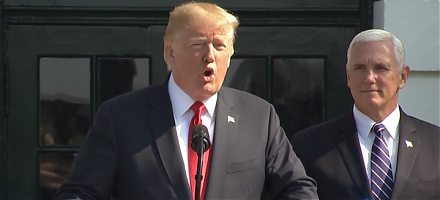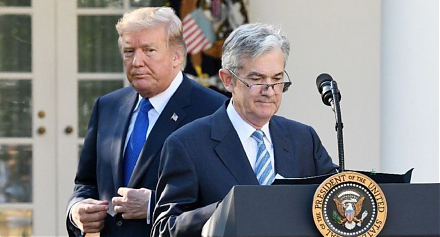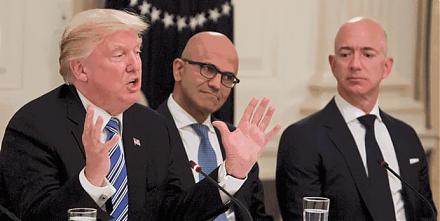

2018-06-07 10:36:00 Thu ET
technology antitrust competition bilateral trade free trade fair trade trade agreement trade surplus trade deficit multilateralism neoliberalism world trade organization regulation public utility current account compliance
AT&T wins court approval to take over Time Warner with a trademark $85 billion bid despite the Trump administration prior dissent due to antitrust concerns. This court approval involves no additional conditions on the prospective mega merger between AT&T and Time Warner. As a consequence, Time Warner's share price has surged by 5% since this unconditional court approval, whereas, AT&T's share price shows less volatile gyrations.
Both companies hope to better compete with Netflix, Amazon, Comcast, DirecTV and other online video content providers. Prior antitrust critics suggest that the joint company might lead to anti-competitive issues with greater market concentration. This mega merger might result in higher oligopolistic markups to the detriment of U.S. consumers, this probable merger remains open to controversy.
A powerful combination of Trump tax cuts, low capital costs, robust corporate net gains, and balance sheet capital improvements drive the current appetite for new mergers and acquisitions. In the first half of the current fiscal year, we witness $978 M&A deals at a pivotal point in real business cycles with both full employment and low inflation. As many unicorns package themselves as potential M&A targets for tech titans, the current M&A wave boosts the aggregate demand for high-skill R&D patents and tech talents. During the Trump economic boom, the current M&A wave seems to start with telecom-and-media mergers.
Comcast may next target acquiring Fox in America or Sky in Europe, and T-Mobile and Sprint may form a $150 billion company to better compete with the top wireless communication rivals Verizon and AT&T. These mega M&A deals can spill over to other industries such as big banks, technology titans, and pharmaceutical giants.
If any of our AYA Analytica financial health memos (FHM), blog posts, ebooks, newsletters, and notifications etc, or any other form of online content curation, involves potential copyright concerns, please feel free to contact us at service@ayafintech.network so that we can remove relevant content in response to any such request within a reasonable time frame.
2018-11-07 08:30:00 Wednesday ET

PwC releases a new study of top innovators worldwide as of November 2018. This study assesses the top 1,000 global companies that spend the most on R&D
2018-07-25 11:41:00 Wednesday ET

President Trump hails and touts America's new high real GDP economic growth in 2018Q2. The U.S. is now a $20+ trillion economy, and America hits this mi
2023-07-28 11:28:00 Friday ET

Lucian Bebchuk and Jesse Fried critique that executive pay often cannot help explain the stock return and operational performance of most U.S. public corpor
2023-09-14 09:28:00 Thursday ET

Colin Camerer, George Loewenstein, and Matthew Rabin assess the recent advances in the behavioral economic science. Colin Camerer, George Loewenstei
2023-03-28 11:30:00 Tuesday ET

The Federal Reserve System conducts monetary policy decisions, interest rate adjustments, and inter-bank payment operations. Peter Conti-Brown (2017)
2017-08-19 14:43:00 Saturday ET

In a recent tweet, President Donald Trump criticizes Amazon over taxes and jobs. Without providing specific evidence, Trump accuses of the e-commerce retail